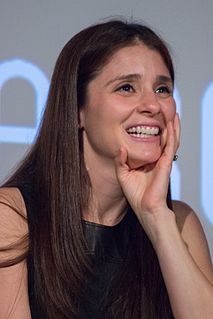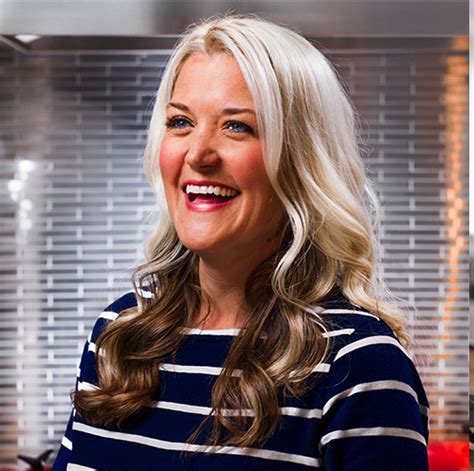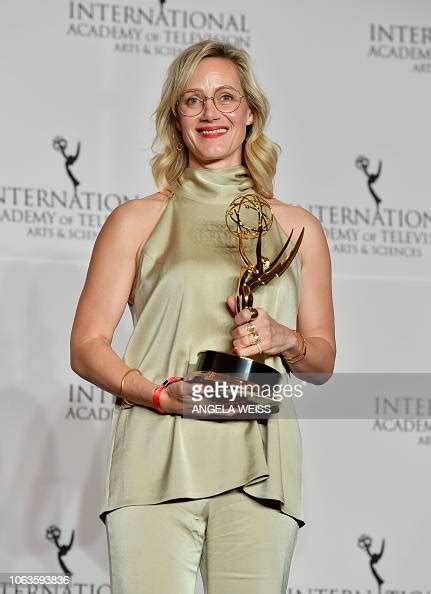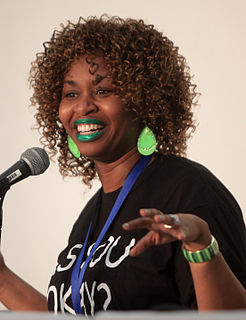A Quote by Adam Mansbach
When it comes right down to it, developing a critical sensibility about parenting isn't really about disapproval; it's about honing your own sensibilities, figuring out how you want to parent.
Quote Topics
Related Quotes
Casting is really a black art. It's a huge part of directing and it's the most invisible. It's one that people don't really think about or talk about. But you can really destroy your movie by casting it badly before you've shot a foot of film. And yet there are no guidebooks for it, there's no rule book to tell you how to do it. It's all your own experience and your own sensibility and your own intuition.
If educators were really understanding of that, they'd say, "You know what? Forget about bilingual, we're going to do multilingual education." So children are ready for the new millennium. We're way behind compared to countries in Europe. If we were multilingual, imagine how much you would learn about your own culture, about the sensibilities of what's important in your own culture.
The traditional paradigm of parenting has been very hierarchical, the parent knows best and very top down. Conscious parenting topples [this paradigm] on its head and creates this mutuality, this circularity where both parent and child serve each other and where in fact, perhaps, the child could be even more of a guru for the parent .... teaching the parent how the parent needs to grow, teaching the parent how to enter the present moment like only children know how to do.
A large part of parenting is about managing weariness and motivation. Much of the success of parenting is about avoiding the sins of "omission" as well as "commission." You can feed, clothe, and house your kids and not really parent them. When we raise kids for selfish reasons (to feel proud, to have people love us and appreciate us), if they disappoint us we'll pull back. But when we realize that God has called us to raise godly children and God is always worthy to be obeyed, we have a motivation that goes beyond our own pride and our own comfort.
My son's dad is committed, and involved, and amazing. We're actually really good friends. But I think it's dangerous to speak negatively to the child about your ex or the absent parent, because, believe it or not, they learn very quickly who the other parent is. And it's important that they develop their own attitudes and opinions about that other parent based on their experiences, not based on what someone has said about them.
I don't want to believe it - that parenting itself makes art hard, that you must always sacrifice one for the other, that there is something inherently selfish and greedy and darkly obsessive in the desire to care as much about the thing you are writing or making as you do about the other humans in your life. What parent would want to believe this?
I don't think there's a right or wrong things in your style. It's about how you clearly reflect who you are; how you more clearly tell the story. Who are you? How do you want to transmit that to the world, and how do you more clearly say that? Then I have a philosophy, FFPS: fit, fabric, proportion, and silhouette. Proportion's everything, really, knowing your body and understanding that. Those things have been really crucial for me. It's about being clear about the story you want to tell to the world about who you are - and maybe a little bit of FFPS.


































